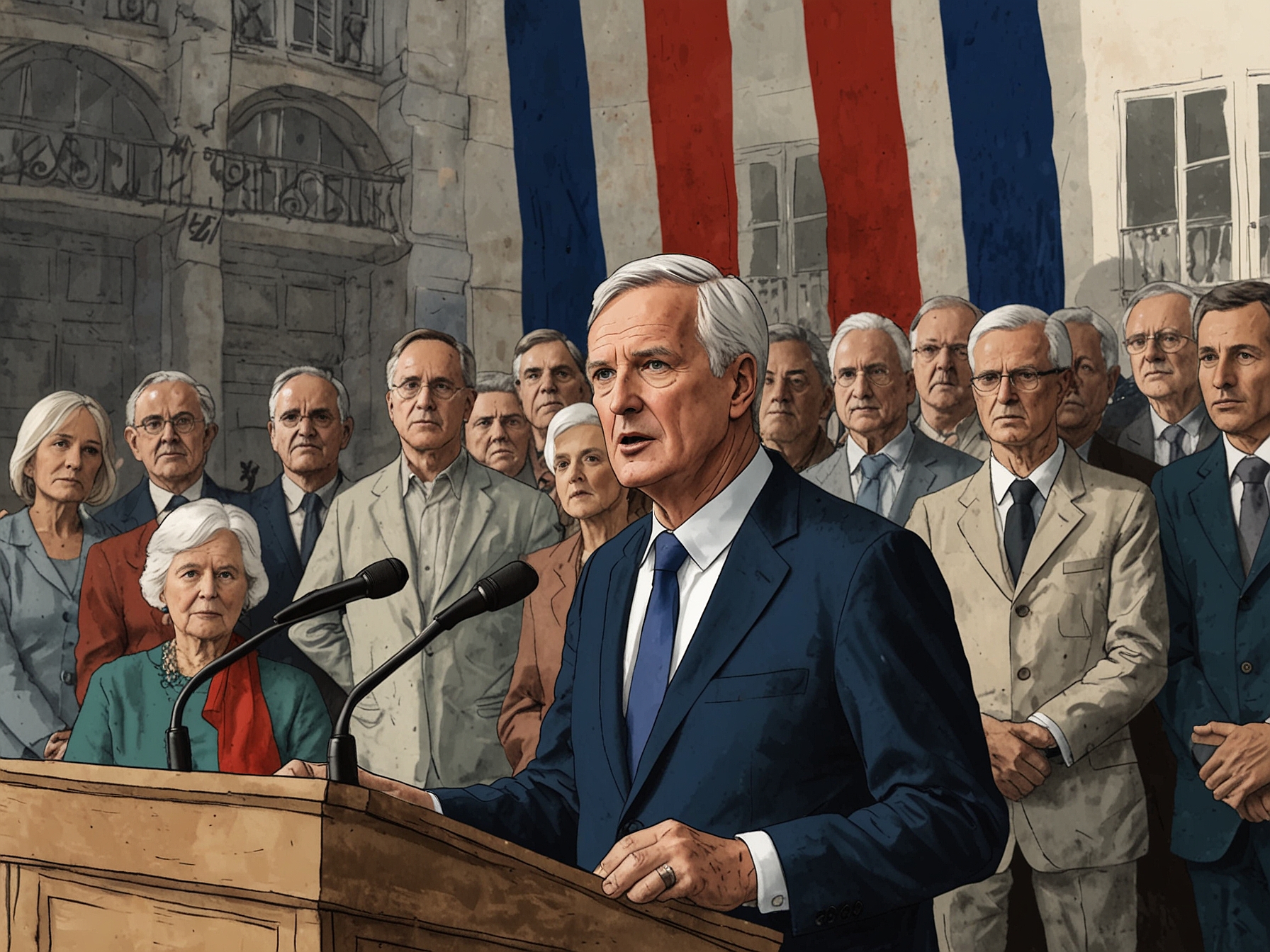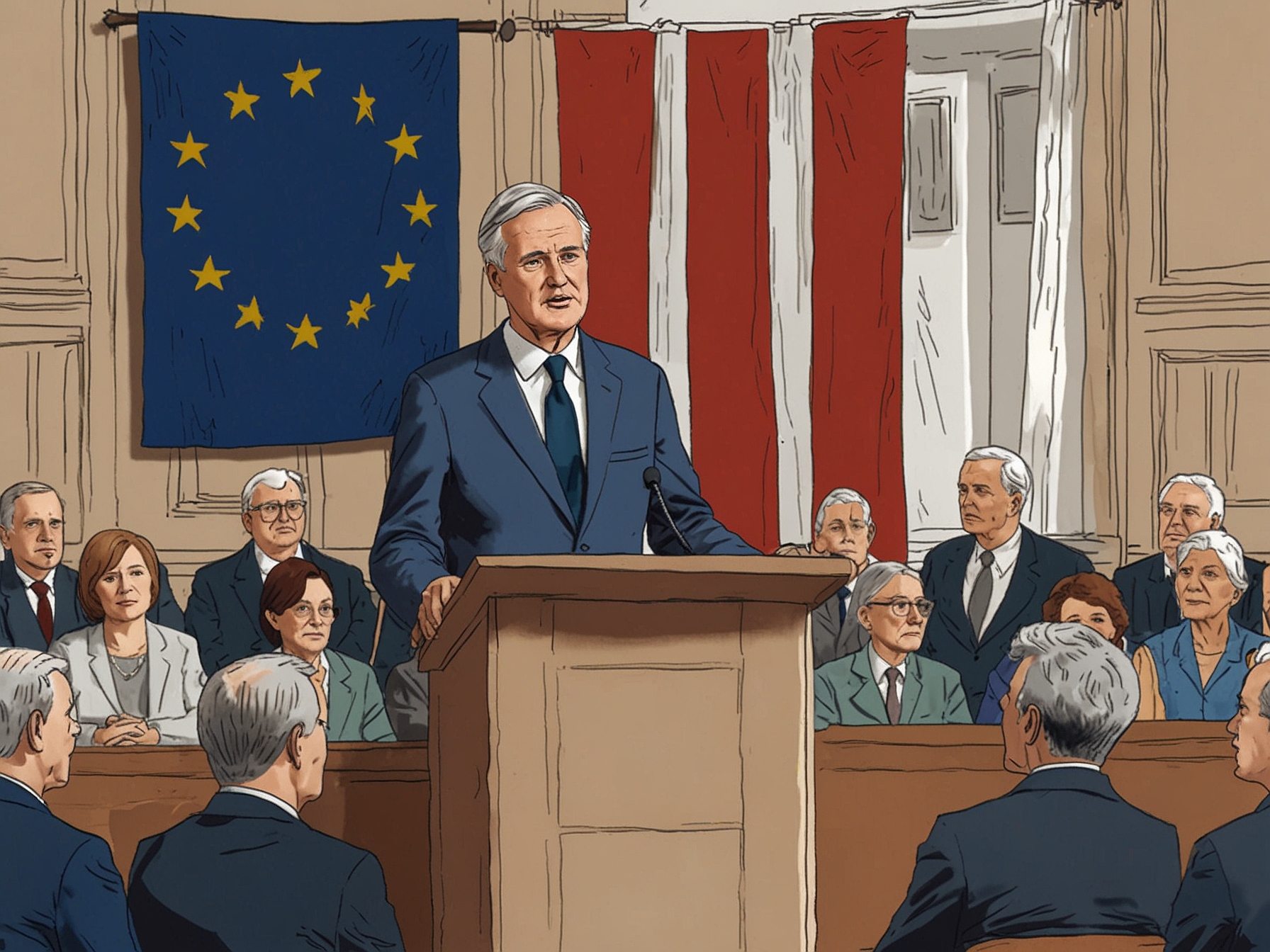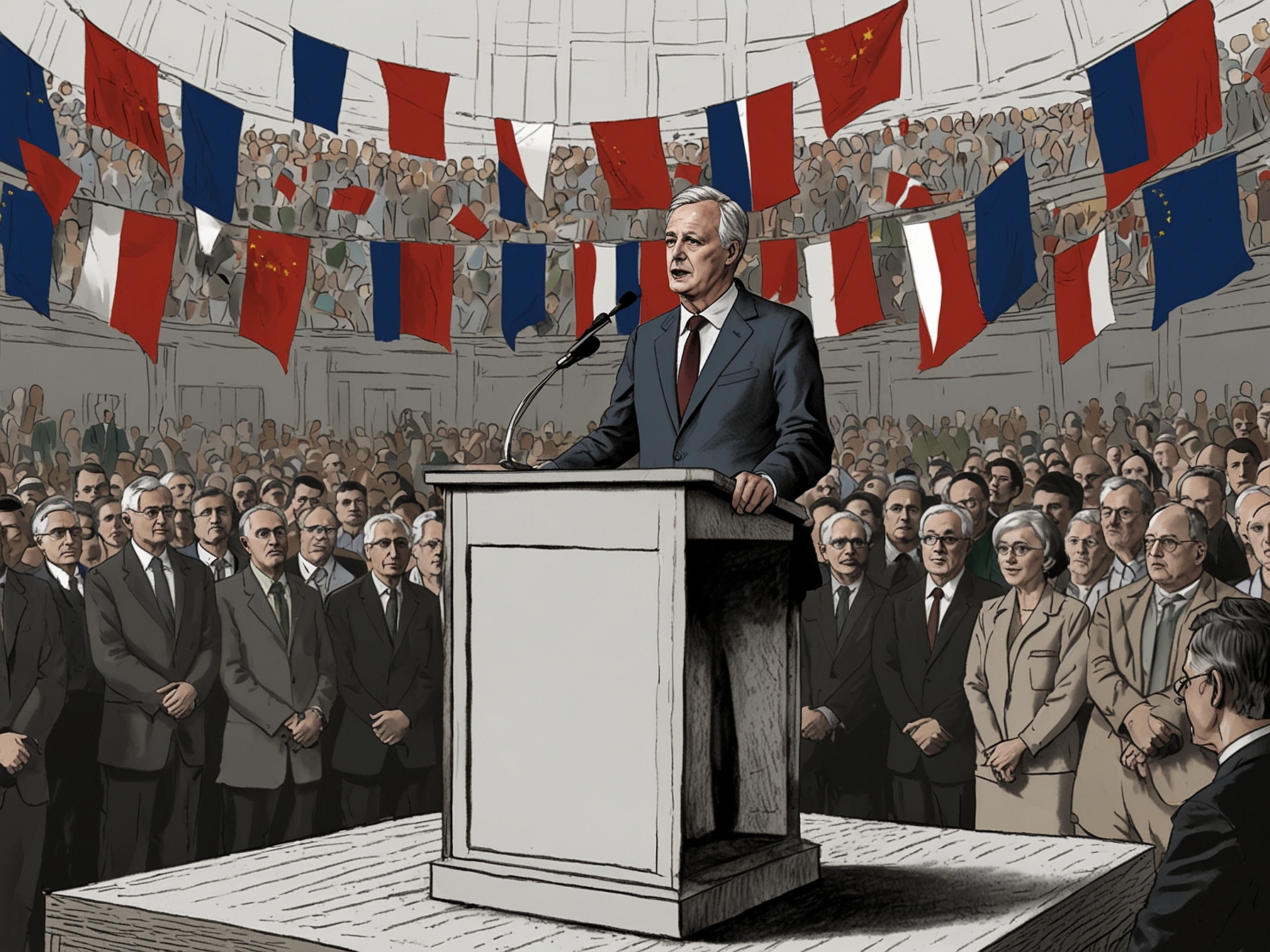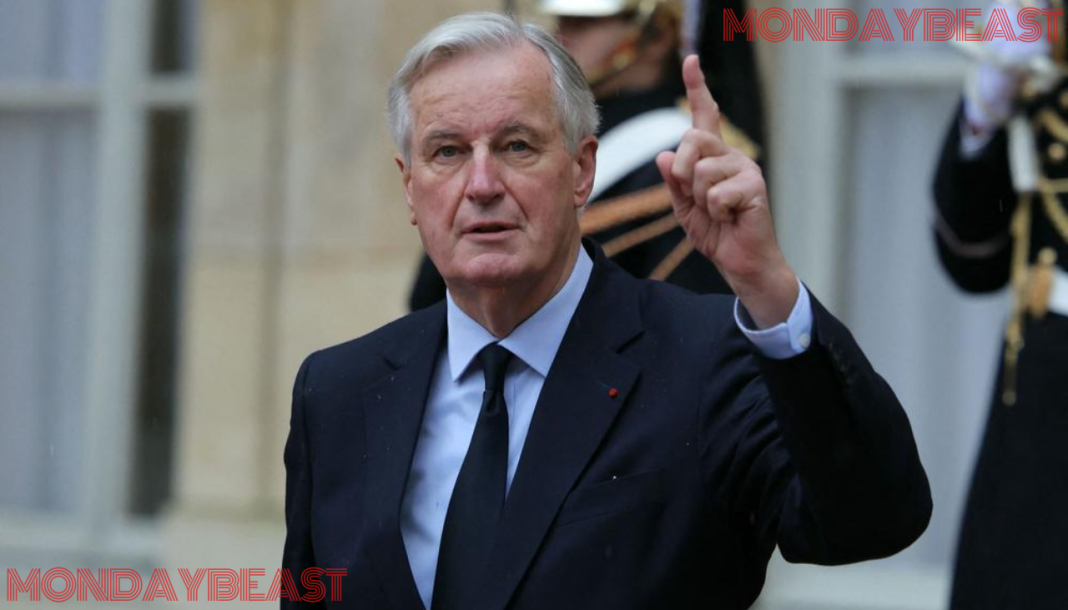In recent days, a cloud of uncertainty has loomed over French politics. Michel Barnier finds himself caught between fierce demands for accountability and the need for stability. As opposition parties threaten to censure his government, Barnier’s calls for cooperation reveal the cracks in his administration.

The political landscape has shifted dramatically. Facing a united front from the left and far-right, Barnier emphasizes stability as a priority. He claims that the common interest should take precedence over individual agendas. But can stability truly be achieved without compromise?
An alarming dispute erupted recently between Barnier and Economy Minister Antoine Armand. Their clash over the controversial reduction of employer contribution cuts has pitted them against each other publicly. Armand, aligned with Macron’s policies, has expressed strong discontent with these budgetary changes. This discord reflects deeper issues within Barnier’s government.

Notably, Barnier’s government is also scrutinized by figures on his own side. The macronists raise concerns over fiscal measures, revealing a lack of unity within the ranks. Budget challenges are significant, but Barnier remains clear: he intends to pitch innovative measures in early 2024. However, can an administration truly be innovative if it’s on the defensive?
The opposition is on the move. A recent article echoed sentiments of the left. It warned Barnier against circumventing parliament and infringing on voter trust. With a call to arms from leaders across various leftist factions, will the government face an impending vote of censure?

As tempers flare, Barnier’s commitment to a unified government looks increasingly difficult. He has proposed “50 measures” intended to pave the path forward. But his aspirations might feel like distant echoes amidst growing dissent. Facing the threat of censure, how will Barnier press on?
Besides the political drama, the public’s voice is loud and clear. A recent Elabe poll revealed that a striking 51% of citizens support a motion of censure against Barnier’s government. These numbers signal a potent dissatisfaction among the populace, revealing an undercurrent of distrust. Are the French ready to challenge their leadership?
The next steps remain unclear. Opposition leaders have emphasized their intentions to convene with Barnier soon. However, skepticism abounds regarding the outcomes of such talks. Will resistance give way to collaboration? Or will it deepen the rift?
As Barnier’s administration grapples with looming financial crises, critics urge caution. Fears of a governmental collapse grow ever closer. Is it possible for Barnier to navigate these turbulent waters without compromising? The stakes have never been higher, and the future direction of his leadership hangs in the balance.




